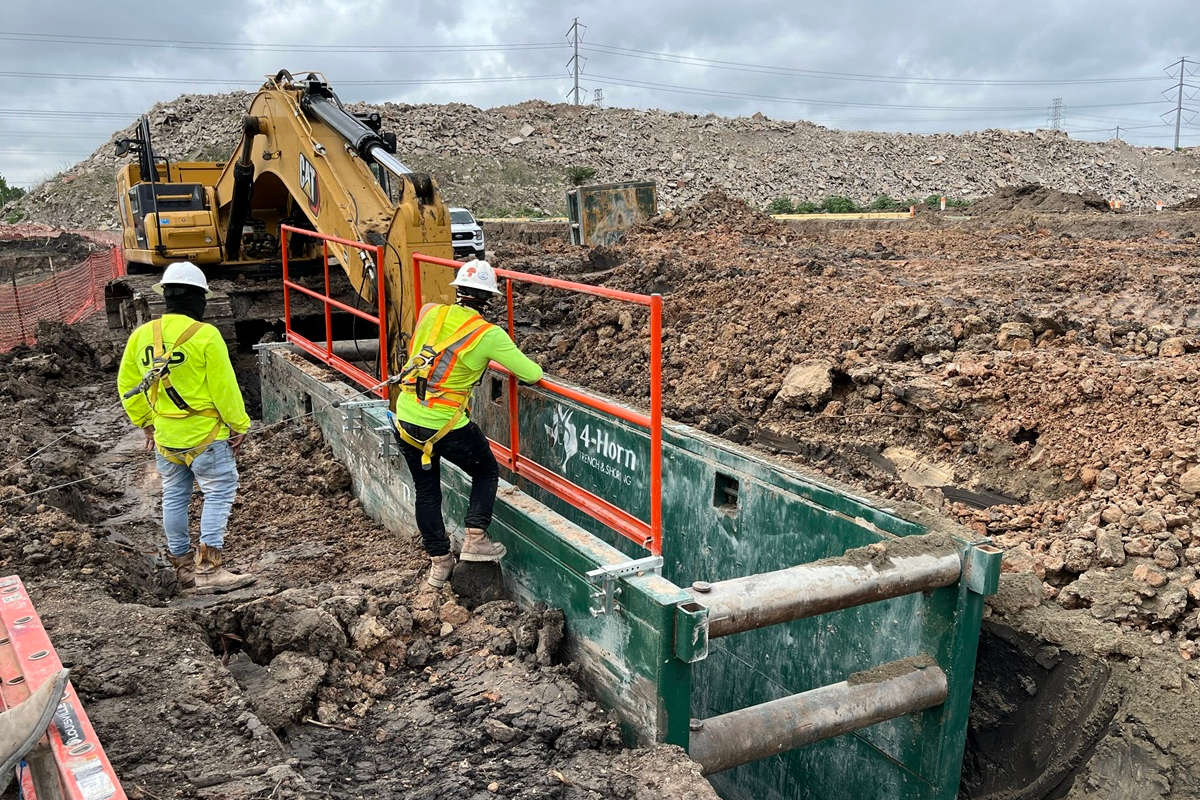Professional Utility Driver Salaries and Safety on the Rise
 The utility contractor industry is undergoing an overhaul and salaries are part of that, with the average professional driver earning $4,700 per month, including heavy utility vehicles. Safety is improving, too, with a landmark study by the American Journal of Industrial Medicine finding that mobile industrial injuries fell 2.6% between 2003 and 2010, with that trend falling slowly until today
The utility contractor industry is undergoing an overhaul and salaries are part of that, with the average professional driver earning $4,700 per month, including heavy utility vehicles. Safety is improving, too, with a landmark study by the American Journal of Industrial Medicine finding that mobile industrial injuries fell 2.6% between 2003 and 2010, with that trend falling slowly until today
Regulatory hurdles are being replaced, too, making the industry all that more lucrative. Pay is up, safety is up, regulations are down and the industry is booming. There’s never been a better time to get into industrial utility driving; here’s how, why, and the outlook for the future.
Getting your foot in the door
Getting into the industrial vehicle industry isn’t a case of just walking in the door. For anything more complicated than the personal vehicles, medium sized cargo vehicles and combination vehicles, you’ll need to get licensed. There are a huge range of heavy equipment operator licenses to be procured, but they are not mutually exclusive. Typically, you’ll need a high school diploma or GED, and the ability to complete a physical examination that outlines your suitability to the job.
Why get into it?
The pay, improving state of the industry and well observed safety laws are all good reasons for getting into the industry. What many potential operators aren’t aware of is the benefits of the learning process. Many courses cover a wide range of topics pertaining to the utility contract process and building regulations; things like blueprints, engineering, geography and geology. Employee benefits often include safety and wellness training, too, as it pays for a company to maintain the health of highly trained staff. For example, the latest OSHA plans for certification as crane drivers, will drive employers to offer bespoke tiers for crane operation.
The future outlook
Getting a particular qualification has been shown not to pigeonhole workers into certain disciplines. James T Callahan, the current head of the operator’s union, spent 33 years as an operative engineer in the industry. Research by OSHA has also found that cross skilling improves the all-round aptitude of operators.
Industrial utility operating is a serious profession characterized by high safety standards, employee confidence and salaries. Unions support contractors, as do the benefit packages the roles attract. With the industry improving in multiple areas, it’s an excellent time to enter the world of utility operation. Tags: employment, Safety




